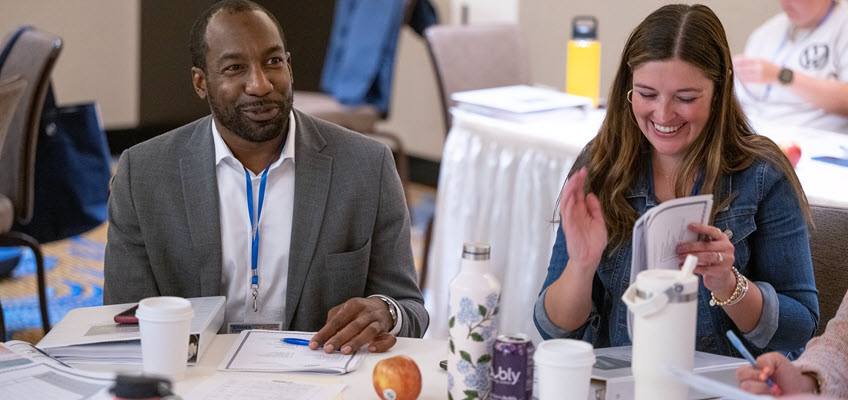POSITIONS OPEN FOR NOMINATION
CEA may be eligible to elect up to 30 state delegates to the NEA RA in 2020. Here are descriptions of the open positions:
Category 1 At-Large/State Delegate: Fifteen Positions (Term: two years)
Category 1 At-Large/Ethnic Minority Concerns: Four Positions (Term: 2
years)
These categories must have Active classroom teachers (Membership Type AC-1) or NEA Life members (Membership Type AC-7) in local affiliates are eligible for these positions.
Aspiring Educators: one Position (Term: 1 Year)
Only Aspiring Educators with a SEA and NEA membership are eligible for this position.
Membership Units: nine positions from specific Membership Units (Term: one year)
Only active members (Membership Type AC-1) or NEA Life members (Membership Type AC-7) who teach in a local CEA affiliate in one of the seventeen Membership Units may be nominated for these positions. The nine open units include E, F, H, J, K, L, M, P & Q.
Unit E:
Bethel, Brookfield, CEA New Milford, Easton, NEA Danbury, New Fairfield, Sherman
Unit F:
Amity, Bethany, Branford, Derby, East Haven, Milford, Orange, Oxford, Seymour, Woodbridge
Unit H:
ACES, Cheshire, Hamden, North Haven, Wallingford, Wolcott
Unit J:
Berlin, Farmington, Newington, Plainville, Plymouth, Southington, Thomaston, Wethersfield
Unit K:
Cromwell, East Hartford, Glastonbury, Manchester, Rocky Hill
Unit L:
Bloomfield, CREC, East Windsor, Enfield, South Windsor, Suffield, Windsor
Unit M:
Avon, Canton, East Granby, Granby, Simsbury, West Hartford, Windsor Locks
Unit P:
East Lyme, Groton, Ledyard, Montville, New London, North Stonington, Preston, Project LEARN, Stonington, Voluntown, Waterford
Unit Q:
Clinton, East Haddam, East Hampton, Guilford, Haddam-Killingworth, Madison, Old Saybrook, Regional 4, Regional 13, Regional 18, Portland, Westbrook
Category 2 At-Large: One position (Term interim position open this year)
Nominees for the Category 2 At-Large position must be Active members (Membership Type AC-1) in supervisor/administrator positions or NEA Life members (Membership Type AC-7) who are no longer teaching—but only if they are not also NEA-Retired members. (NEA Life membership is a special category terminated in 1973.) Members with Active Life Memberships who are not retired from teaching are eligible for Category 2. NEA-Retired Members for Life (Membership Type RT-7) or annual Retired members (Membership Type RT-8) ARE NOT ELIGIBLE FOR CATEGORY 2


